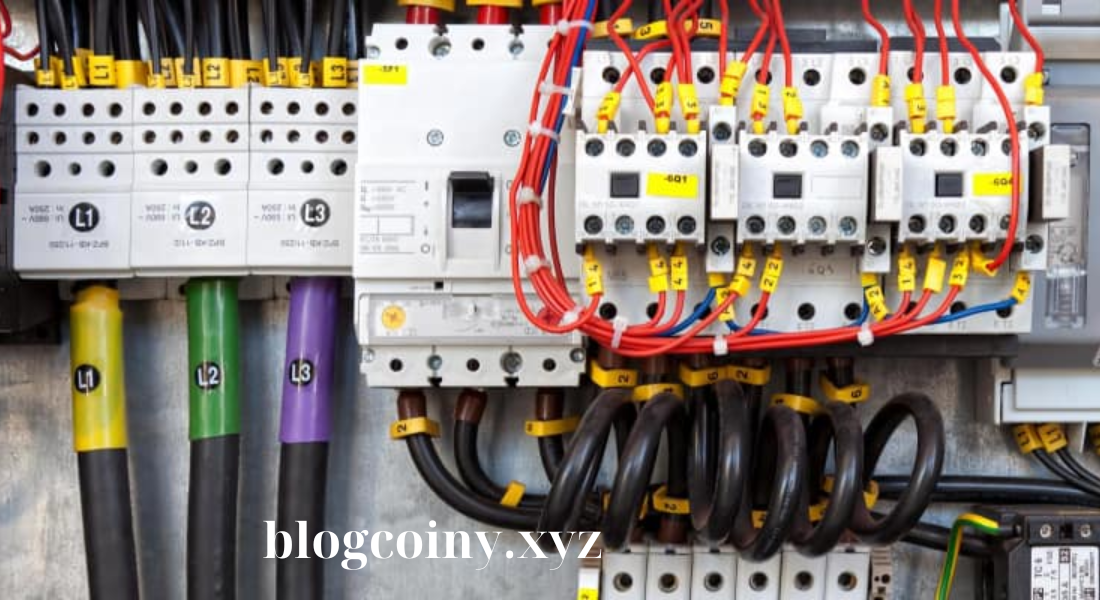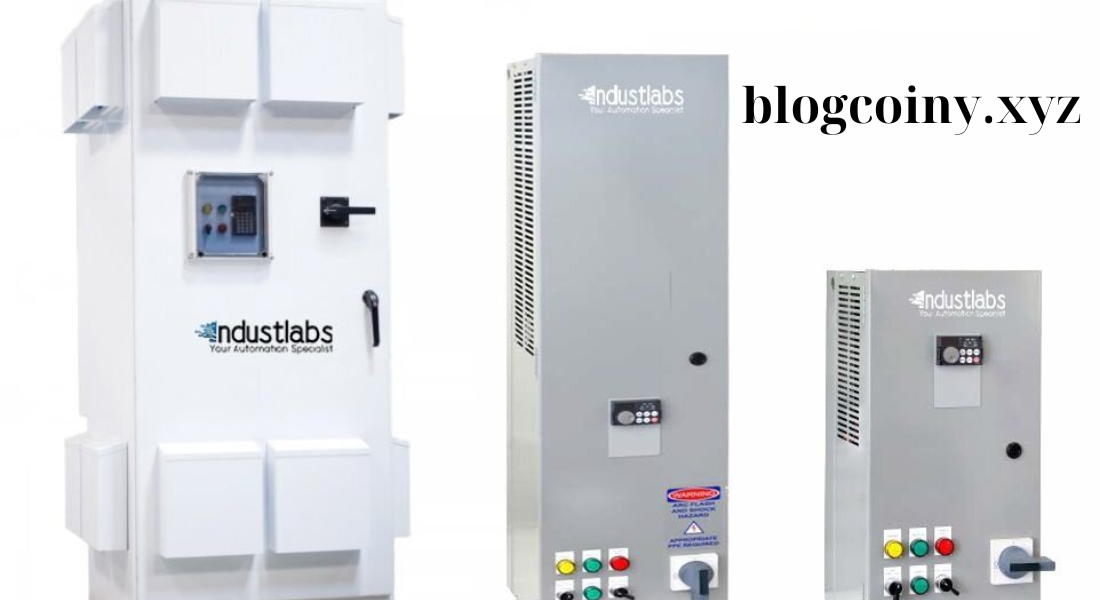Control Panel Systems: A Comprehensive Guide to Enhancing Industrial Efficiency
In modern industrial settings, control panel systems have become indispensable tools for businesses aiming to optimize operational efficiency, ensure safety, and improve productivity. Whether in manufacturing, energy, or automation industries, control panel systems offer a streamlined approach to managing complex machinery, equipment, and processes. This article will explore the essentials of control panel systems, including their benefits, types, components, and key considerations in choosing the right system for your needs.
What Are Control Panel Systems?
Control panel systems are integral electrical or digital systems designed to monitor, control, and manage machinery, processes, and equipment. By providing a centralized system of switches, displays, and control mechanisms, they allow operators to oversee operations efficiently. Control panel systems often include components such as Programmable Logic Controllers (PLCs), Human-Machine Interfaces (HMIs), sensors, and communication devices to ensure real-time data flow and response.
The primary function of control panel systems is to improve accuracy, consistency, and control over machinery, making them essential in industries where precision and efficiency are critical. These systems are built to simplify complex operations and reduce human error, leading to safer and more streamlined workflows.
Benefits of Control Panel Systems
Investing in control panel systems brings a multitude of advantages, including:
- Enhanced Operational Efficiency: By providing a central hub to control and monitor equipment, control panel systems minimize manual interventions, leading to faster, more reliable operations.
- Increased Safety: Control panels are designed with safety features like emergency stops, alarms, and interlocks, which reduce the risk of accidents and equipment damage.
- Reduced Downtime: Through real-time monitoring and predictive maintenance alerts, control panel systems help prevent equipment failures, allowing for timely repairs and reducing costly downtime.
- Cost Savings: The efficiency improvements and predictive maintenance features of control panel systems result in significant cost savings over time by reducing energy consumption and minimizing repair expenses.
- Data-Driven Insights: With advanced data collection and analytics capabilities, control panel systems allow operators to make informed decisions, optimize processes, and improve productivity.
Types of Control Panel Systems
Control panel systems come in various types, each tailored for specific operational needs. Understanding the differences can help you select the ideal system for your industry.
- Motor Control Centers (MCCs):
Commonly used in industrial plants, MCCs are designed to control electric motors from a central location. These panels streamline the process of starting, stopping, and monitoring motors, which is essential for equipment like conveyors, pumps, and compressors. - Distribution Control Systems (DCS):
DCS panels are used for complex processes requiring real-time control. They’re often implemented in industries like oil and gas, where multiple components need continuous monitoring and control. - Automation Control Panels:
These are tailored to manage automated machinery in industries such as manufacturing. They incorporate PLCs and HMIs to facilitate seamless automation, reducing the need for manual intervention. - PLC Panels:
Programmable Logic Controller (PLC) panels are used to control processes in an automated way. They are highly adaptable and can be configured to control a wide range of machinery, making them popular in various industrial applications. - Operator Interface Panels:
These panels provide a user-friendly interface for operators, displaying real-time data on system status and alerts. They are essential for allowing operators to make quick decisions based on current system information.
Key Components of Control Panel Systems
Each control panel system is made up of several key components that work together to ensure smooth operations:
- Programmable Logic Controllers (PLCs):
These are the brains of the control panel, programmed to automate processes and control equipment based on predefined logic. - Human-Machine Interfaces (HMIs):
HMIs provide operators with an interactive interface to monitor system data and control processes. - Power Supply Units:
These components ensure that the control panel has a steady supply of power to run its operations. - Relays and Switches:
Relays and switches act as the “gatekeepers” of the control panel, managing the power flow and allowing the system to respond to different conditions. - Circuit Breakers and Fuses:
These components protect the control panel system and connected machinery by interrupting power in case of a short circuit or overload. - Communication Modules:
For advanced control panels, communication modules are crucial for enabling connectivity and data sharing between different systems, allowing for enhanced data collection and analysis.

How to Choose the Right Control Panel System for Your Needs
Selecting the right control panel system depends on several factors:
- Industry Requirements:
Every industry has specific needs. For instance, in the manufacturing industry, automation control panels with PLCs might be essential, whereas, in the energy sector, DCS panels may be preferable for complex process management. - Budget Considerations:
Control panel systems vary in cost based on their complexity and functionality. It’s essential to balance your budget with the system’s features to ensure you get the most value for your investment. - Scalability Needs:
As businesses grow, so does the demand on control systems. Opting for scalable control panel systems that can expand with your business is crucial for long-term efficiency. - Safety Standards Compliance:
Ensure that the control panel system complies with relevant industry safety standards, as this will protect your equipment, operators, and overall operation. - User Interface and Ease of Use:
An intuitive interface is vital for efficient operations, as it allows operators to control and monitor processes with ease. Look for systems with user-friendly HMIs that display critical information in real time.
Control Panel Systems and the Future of Industrial Automation
With advancements in technology, control panel systems are continuously evolving. Emerging trends include:
- Remote Monitoring:
The integration of IoT (Internet of Things) with control panel systems enables remote monitoring, allowing operators to oversee processes from anywhere. - Artificial Intelligence (AI) Integration:
AI-driven control panel systems can predict potential issues, optimize processes, and improve efficiency by learning from historical data. - Enhanced Security Features:
Cybersecurity has become a top priority as control panel systems are increasingly connected to networks. Future systems will likely include advanced security features to protect against cyber threats. - Eco-Friendly Designs:
Control panel manufacturers are focusing on energy-efficient designs to reduce environmental impact and align with sustainability goals.
Conclusion: The Value of Control Panel Systems in Modern Industry
Control panel systems are transforming industries by providing efficient, reliable, and safe ways to manage and monitor processes. With their diverse types and customizable features, these systems cater to various industries, from manufacturing to energy. As technology progresses, control panel systems will continue to be a vital part of industrial operations, enabling real-time data insights, reducing downtime, and improving overall productivity.
Investing in a control panel system tailored to your business needs can lead to substantial operational improvements and long-term cost savings. Whether you are looking to implement a new system or upgrade an existing one, understanding the various types, components, and benefits of control panel systems will guide you in making an informed decision.





Leave a Reply